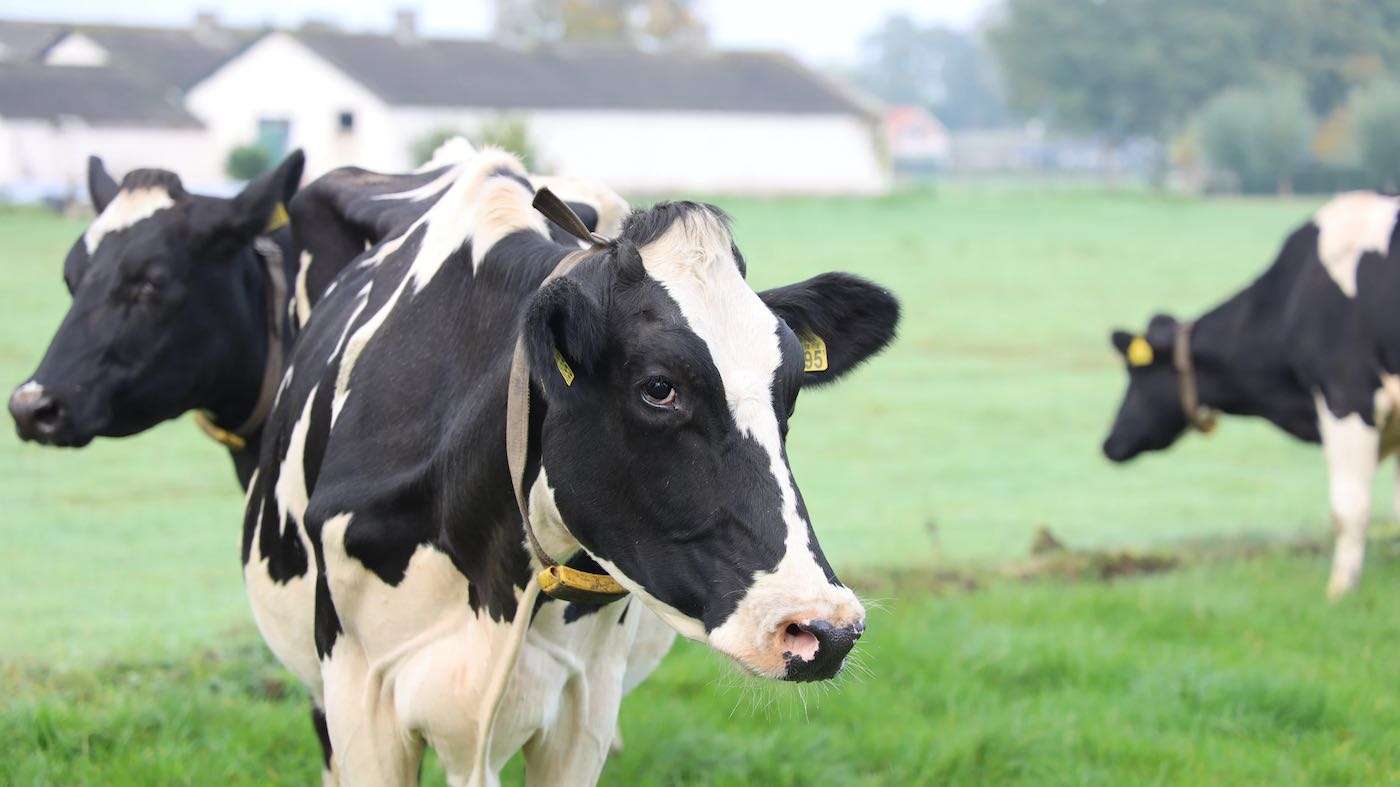Biggest Bang Since 'The Big Bang' Creates a Black Hole Science Says Should Not Exist
Creating a previously unknown object, a recent explosion from a galactic merger was the largest in the universe history since the Big Bang.

An Australian company has produced a seaweed-based dietary supplement for dairy and beef cows that eliminates 80% of the methane content emitted by the animals.
If only 10% of global cattle herds consumed the supplement, created by FutureFeed Ltd, it would be the same as taking 50 million cars off the roadways.
Trialled for efficacy over five years with help from the Australian national science agency (CISRO), the supplement is based on a species of seaweed called Asparagopsis, and has been deemed safe for lifetime use in cows.
Furthermore, in news that will cause beef/ozone lovers to jump for joy, $13 million has already been secured from five investors to allow FutureFeed to establish the entire supply chain—from seaweed cultivation to production and distribution, and the company expects to see commercial volumes of the feed additive supplied into the Australian beef and dairy market by mid-2021, with international markets to follow.
Over a billion people globally depend on methane-emitting livestock for their livelihoods, and their presence in the economies of the developed and more importantly, the developing world, is nearly irreplaceable.
According to FutureFeed, animal protein is the only reliable source of protein and key micronutrients for 1 billion of the world's inhabitants experiencing food insecurity.
However, ungulate burps, a long-persecuted source of greenhouse gases actually represent a fairly low percentage of GHGs in the world—about 5%.
Nevertheless, the battle to slow climate change has had scientists concerned about that 5% for years. Experts are quick to point out that ungulates emit methane, a powerful greenhouse gas. It's about 28 times more powerful than carbon dioxide at warming the Earth over a hundred years, and 80 times more powerful over the course of two decades—so their impact on the atmosphere belies the small overall percentage.
Fortunately for ranchers, consumers, and the thousands of industries that rely on cow products, such as pet food, cosmetics, pharmaceuticals, and more, methane only stays in the atmosphere for 12 years, compared to the CO2 life cycle of around 1,000.
This means FutureFeed's supplement will need only a few years before virtually erasing the atmospheric footprint of livestock methane production.
"FutureFeed enables agriculture and the environment to be partners not competitors, helps overcome negative perceptions of the cattle industry, and gives Australian farmers an advantage in the global marketplace as first adopters of this Aussie innovation," Chief Executive Dr Larry Marshall of CISRO said.
"FutureFeed is addressing some of the greatest challenges we face, including food security, sustainable production and climate change, by turning science into a real product in the hands of business so they can turn it into jobs and economic growth."
Good News Network reported earlier this year on a similar, garlic-based supplement produced in Switzerland called Mootral, that was found to reduce methane emissions from cows by 30-38%; not nearly as much as FutureFeed, but market competition is important to drive innovation—even in "public good" sectors like carbon reduction, and so having two separate supplements available will only increase the chances that the following two decades will see an end to the concerns of animal agriculture as a direct GHG producer.
SHARE The Good Green News With Your Pals On Social Media…
Be the first to comment